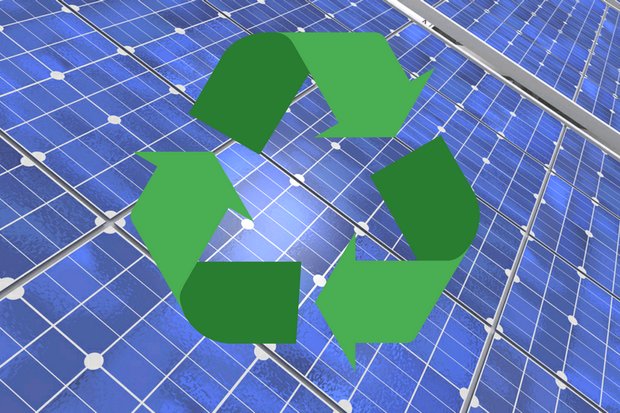
The government has agreed to use the remaining cash from the Energy Conservation Fund to support a new recycling plan for discarded solar panels and vehicle batteries, in line with the goal of creating a circular economy.
The Industry, Energy and Transport ministries will host the project after officials met last Thursday.
"Thailand is encouraging people and companies to use renewable power and drive electric vehicles, but it has yet to plan for a retreatment and management programme for this kind of industrial waste," said Pasu Loharjun, permanent secretary of the Industry Ministry.
He said the three ministries agreed to cooperate to begin the plan soon.
"We are collecting related data to draw up the retreatment and management plan, while the 2-billion-baht fund will finance the project," he said.
Mr Pasu declined to go into detail about the budget for spending from the fund.
"Currently, Thailand generates roughly 30 million tonnes of general and hazardous waste per year," he said. "Some 3 million tonnes of this volume is hazardous waste that could be managed by landfill facilities, so the government aims to turn these landfill locations into energy resources."
Mr Pasu said senior officials from the three ministries also talked about the 20-year National Strategy and expressed interest in promoting electric vehicles, energy storage systems and a national power grid to rapidly mobilise the country's energy and industrial sectors.

Solar panels line the roof of a commercial building in Bangkok. The government aims to launch a recycling plan for discarded solar panels and vehicle batteries.
With the promotion of such schemes, they predict many tonnes of waste from solar panels and vehicle batteries in the near future.
Moreover, Mr Pasu said the government will accelerate the fourth phase of the national petrochemical development plan after the third one started in 2004 and ended in 2018.
Map Ta Phut in Rayong has been developed as the premier petrochemical cluster for Thailand and a global petrochemical hub for the past several decades.
"The petrochemical cluster has been put on the list of targeted industries and located in the flagship Eastern Economic Corridor," Mr Pasu said. "There are many related petrochemical facilities in Rayong, such as the liquefied natural gas (LNG) receiving terminal with a capacity of 10 million tonnes a year."
In addition, the Industry Ministry has asked the Energy Ministry to coordinate data from its energy information technology centre as it aims to monitor the power consumption of manufacturing plants nationwide.